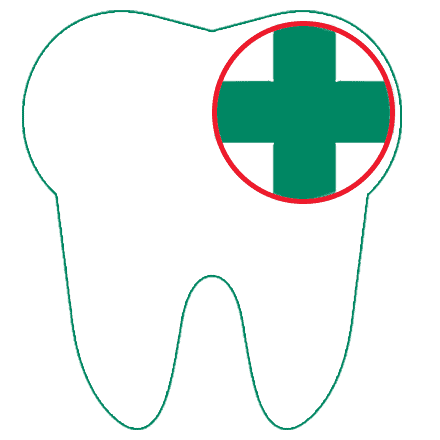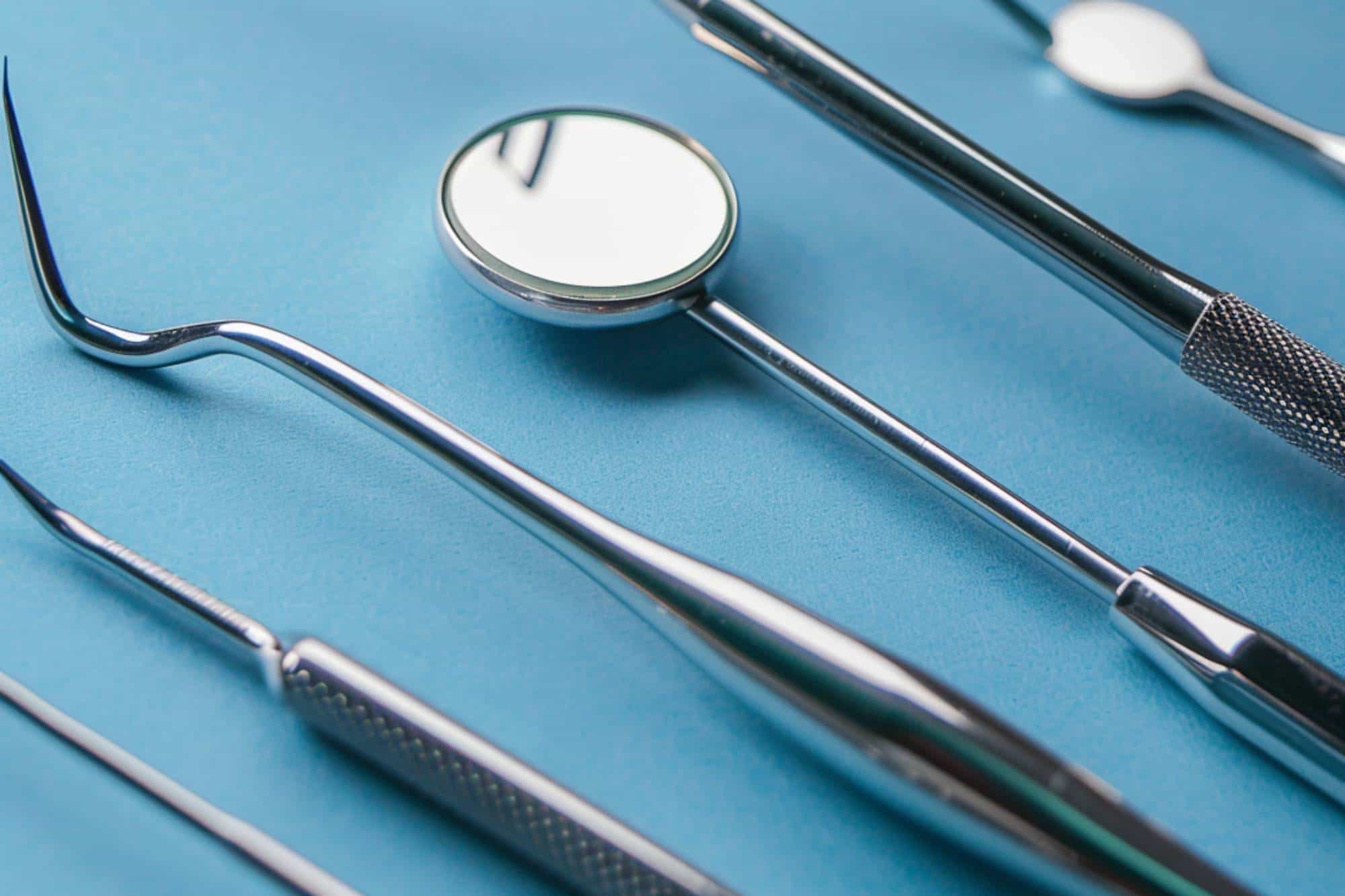Knowing when to seek immediate dental care can save your teeth and prevent further health issues. Understanding the clear signs of a dental emergency and how to act can make a big difference. Here’s how to tell when it’s time to call your emergency dentist.
Recognizing a Dental Emergency
Dental emergencies can happen at any time and often come with a few clear signs that you need immediate help. Here are some of the major signs that indicate you need to see an emergency dentist right away:
Signs and Symptoms Indicating a Dental Emergency
Severe Pain: If you have intense pain in your teeth or gums, it could be a sign of a serious problem. Pain that doesn’t go away with over-the-counter pain relievers needs urgent attention.
Swelling or Abscesses: Noticeable swelling in the mouth, especially with pain, could be an abscess, which is an infection that can spread if not treated quickly.
Bleeding That Doesn’t Stop: Occasional gum bleeding might happen if you brush too hard, but continuous or severe bleeding after an injury needs immediate dental care.
Lost Fillings or Crowns: If you lose a filling or crown, your tooth is vulnerable to damage and infection. This requires quick treatment to avoid further complications.
Specific Conditions and Their Urgency
Knocked-Out Teeth: If you’ve had a tooth knocked out, time is crucial. Try to keep the tooth moist (milk is a good option) and see a dentist immediately to increase the chance of saving the tooth.
Fractured or Cracked Teeth: Cracks or breaks can lead to severe pain or infection. Minor cracks need prompt care, but severe fractures where parts of the tooth are missing or the crack is deep and causing significant pain require emergency treatment.
Severe Infections: Signs of infection include intense pain, swelling, a bad taste in your mouth, fever, and even pus around the tooth. These infections can become serious health risks if not addressed quickly.
Understanding the signs and how urgent they are can help you decide when to make that crucial call…
Understanding these signs and how urgent they are can help you decide when to make that crucial call to your emergency dentist in Columbia. Stay tuned for the next section where we discuss what to do immediately when these emergencies occur.
Immediate Actions During a Dental Emergency
When you encounter a dental emergency, knowing the right steps to take before you can get professional help is crucial. Here’s what you should do:
First Aid for Dental Emergencies
Managing Severe Pain: If you are experiencing severe pain, you can take over-the-counter pain relievers like acetaminophen or ibuprofen. Applying a cold compress to the outside of your cheek can help reduce pain and swelling.
Handling Knocked-Out Teeth: If your tooth is knocked out, try to place it back in the socket without touching the root. If that’s not possible, keep it moist in milk or saliva. This will help preserve the tooth until you can get to the dentist.
Controlling Bleeding: For bleeding, use a piece of clean, damp gauze to apply pressure to the area. If the bleeding does not stop after 10 to 20 minutes of continuous pressure, it’s important to seek emergency dental care.
When and How to Contact an Emergency Dentist
Assessing the Situation: If the dental problem is severe, such as continuous bleeding, severe pain, or a knocked-out tooth, contact an emergency dentist immediately. Most dental offices in Columbia, MO, have after-hours contact information for emergencies.
What to Tell Your Dentist: When you call, be ready to describe your symptoms, how the injury happened, and any steps you’ve taken so far. This information can help your dentist prepare for your arrival and provide specific advice over the phone.
Knowing these steps not only helps in managing the situation before reaching professional help but also prepares you for the urgency of the matter, ensuring that you take the right actions without delay.
Preparing for an Emergency Dental Visit
Once you’ve taken initial actions during a dental emergency, preparing for the visit to your dentist is the next crucial step. Here’s what you need to know:
What to Bring and What to Expect
Necessary Documentation: Bring any relevant medical records, a list of medications you are currently taking, and your dental insurance card. This information will help your dentist provide the most appropriate care quickly.
Understanding Potential Dental Procedures: Depending on the severity of your emergency, your dentist might perform a variety of procedures. These could include:
- Extractions: If a tooth cannot be saved.
- Root Canals: For treating infected teeth to save them.
- Re-cementing Crowns or Fillings: If they have come loose or fallen out.
NOTE
Being prepared with the right documents and understanding what treatments might be necessary will help reduce your stress and make your visit as efficient as possible.
Frequently Asked Questions
When dealing with dental emergencies, many people have questions. Here are some answers to the most commonly asked questions about when to call an emergency dentist:
What qualifies as a dental emergency?
A dental emergency includes such situations as severe pain, swelling, uncontrollable bleeding, or a tooth that has been knocked out or broken.
Can a toothache at night mean an emergency?
Yes, if the pain is severe and does not subside with over-the-counter medications, it might indicate an underlying problem that requires urgent attention.
How do I manage pain until I can see the dentist?
Over-the-counter pain relievers and cold compresses can help manage pain. Avoid using topical pain relievers directly on the gums as they can cause tissue damage.
What if my child knocks out a tooth?
Keep the tooth moist and avoid scrubbing it. See a dentist immediately to increase the chances of saving the tooth.
Are there any temporary solutions for a lost filling or crown?
Over-the-counter dental cement can temporarily seal the area, but you should see a dentist as soon as possible to properly restore the tooth.
Prevention Tips: Avoiding Future Dental Emergencies
Preventing dental emergencies starts with regular care and being proactive about your dental health:
Regular Dental Check-Ups: Visit your dentist regularly for cleanings and check-ups to catch potential problems early.
Protective Measures for Sports and Other Activities: Wear a mouthguard during sports or activities that might put your teeth at risk.
Proper Dental Hygiene Practices: Brush twice a day, floss daily, and use mouthwash to keep your teeth strong and healthy.
Conclusion
Knowing when and how to respond to dental emergencies can significantly impact your oral health outcomes. Remember, quick action and knowing when to seek professional help are key. Stay informed, stay prepared, and don’t hesitate to call your emergency dentist when you need to.

